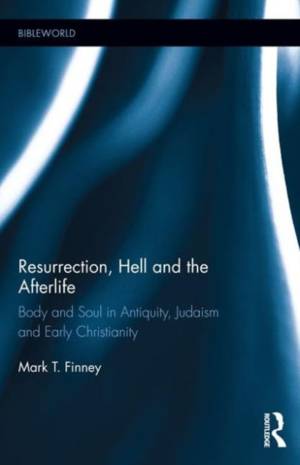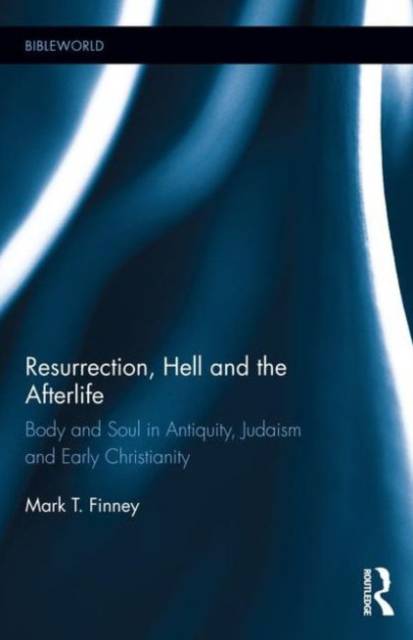
- Afhalen na 1 uur in een winkel met voorraad
- Gratis thuislevering in België vanaf € 30
- Ruim aanbod met 7 miljoen producten
- Afhalen na 1 uur in een winkel met voorraad
- Gratis thuislevering in België vanaf € 30
- Ruim aanbod met 7 miljoen producten
Zoeken
Resurrection, Hell and the Afterlife
Body and Soul in Antiquity, Judaism and Early Christianity
Mark Finney
€ 343,45
+ 686 punten
Uitvoering
Omschrijving
This book identifes trajectories of thought in antiquity on immortality and the afterlife in which both Judaism and Christianity changed from positing afterlife scenarios of the soul alone, to ones which insisted on-in the case of Christianity, to the point of being theological orthodoxy-the necessity of a post-mortem physical body.
Specificaties
Betrokkenen
- Auteur(s):
- Uitgeverij:
Inhoud
- Aantal bladzijden:
- 212
- Taal:
- Engels
- Reeks:
Eigenschappen
- Productcode (EAN):
- 9781138647657
- Verschijningsdatum:
- 15/03/2016
- Uitvoering:
- Hardcover
- Formaat:
- Genaaid
- Afmetingen:
- 157 mm x 234 mm
- Gewicht:
- 408 g

Alleen bij Standaard Boekhandel
+ 686 punten op je klantenkaart van Standaard Boekhandel
Beoordelingen
We publiceren alleen reviews die voldoen aan de voorwaarden voor reviews. Bekijk onze voorwaarden voor reviews.







